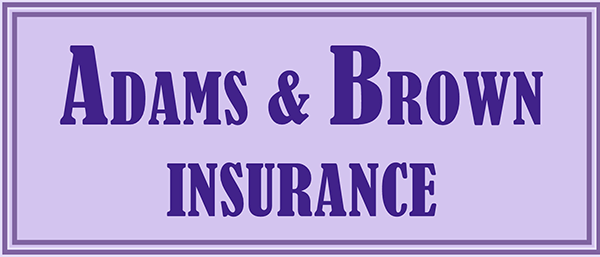Written by: Arielle Karoub
Arielle Karoub is a mental health professional and NAMI Wake volunteer.
April is Financial Literacy Month, dedicated to raise public awareness about the importance of financial education in the U.S. and the consequences associated with a lack of understanding about personal finances. We’ll be sharing financial resources, blog posts, and more throughout the month.
For the past year and a half, we have all been trying to manage the stress of the pandemic with the normal demands of daily life. The stress of dealing with the pandemic has caused a burden on peoples’ finances as well. Many people have lost their jobs, homes, and dipped deep into their savings to pay for the damages caused by the pandemic. It can feel overwhelming to make smart decisions right now, especially financial decisions.
Our anxiety response can be increasingly activated when we see the heartache and financial burden all around us. According to the American Psychological Association latest stress survey, it found that 72% of Americans reported feeling stressed about money at least some time in the prior month. Identifying these triggers and working through the symptoms of anxiety is crucially important right now. You are not alone in this burden. Money is at the top of stress for most Americans. A study conducted by Laurel Road, a financial company helping thousands of professionals consolidate and refinance their loans, found that 58% of the responders are spending over 5 hours per week managing their personal finances due to the pandemic.
Financial wellness is a good place for anyone to start when managing their money. Financial wellness is not about the amount of money in your bank, it is how you manage your personal finances to ultimately support your overall life goals. To deeply understand your finances, you need to understand your goals first. Once you know your life goals, you can make the necessary changes to your finances to minimize the stress that comes from money management overall. Financial wellness is not an overnight fix, it is a continuous learning and growing.
Here are five tips to help you get started on your financial wellness.
Understand Your Life Goals
This is a good time to hit the reset button and re-look at your life goals. Understand if there are areas of focus and what steps are needed to get there. It is important to make SMART goals during this time. Goals that are specific, measurable, attainable, relevant, and time–bound. Having SMART goals help you stay on track to make sure that your goals are realistic to set during this time.
Lose Toxic Financial Beliefs
We all have some type of toxic financial belief whether we know it or not. Some common ones are spending outside your means by using credit cards, believing you don’t deserve financial wellness because of bad financial decisions prior, or you believe that you’re not capable of managing your money properly. Whatever those false beliefs are about your money, toss them out the window. This is a new year, and a new you.
There is a really cool quiz to take to uncover your money beliefs. It is called Klontz Money Script Inventory quiz. I highly recommend that you take the quiz if you’re not sure what your money beliefs are. The quiz unlocks your deeply rooted beliefs about money, stemming back from childhood, and unconscious beliefs about finances.
Be Mindful About Your Finances
It seems like we are living in a fast-pace society, speeding through decisions, and not paying attention to the details. We sometimes forget about what we are actually doing and become robotic to life demands. According to Healthline, “anxiety and depression lead to a disconnect with our bodies. Our heads are in the clouds, and we’re not paying attention to the sensation in our bodies.” It is important to slow down when it comes to your finances. A pros and cons list are important to do first before making a big financial decision. Before spending money, ask yourself if this is something that you really need and if it’s serving the overall life goals you’ve set for yourself (found in step one).
Set a Budget
This might sound easy to do but it can be very challenging to set a realistic budget and continuous hold true to that budget. According to John Hancock, creating a 50-20-30 budget is ideal to do when creating a budget because it divides your paycheck into three categories: 50% for the essentials, 20% for savings, and 30% for everything else. If you’re a visual learner, it can be helpful to use the envelope system to see where your money is being spent on a daily basis as well.
Ask for Help
There is no shame in asking for financial help. It is important to get people in your corner to discuss ways you can get to financial wellness. Sometimes it is hard to get past the debt in front of you and you may need a professional to see past the emotions attached and align you properly. There are many ways right now to refinance and consolidate loans. Don’t be afraid to ask for financial help.
Want to learn more about planning for financial challenges faced by families affected by mental illness? Join our April Education Event, Unique Financial Challenges Faced by Families with Mental Illness on 4/26!
Register at: https://nami-wake.org/event/april-ed/
Posted in Uncategorized
